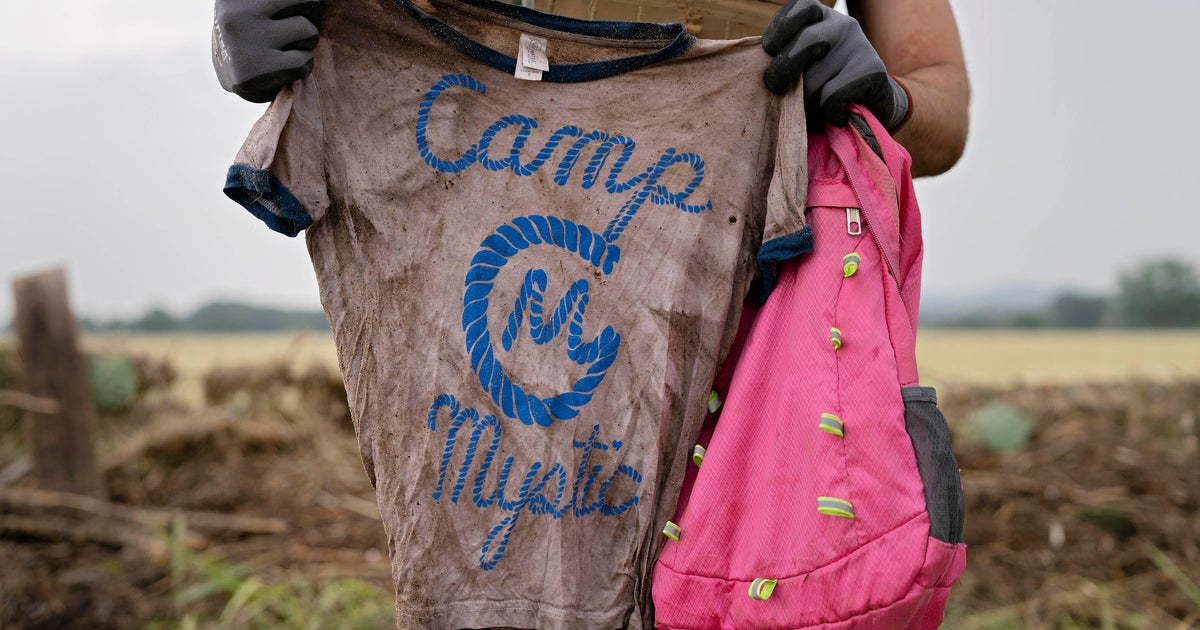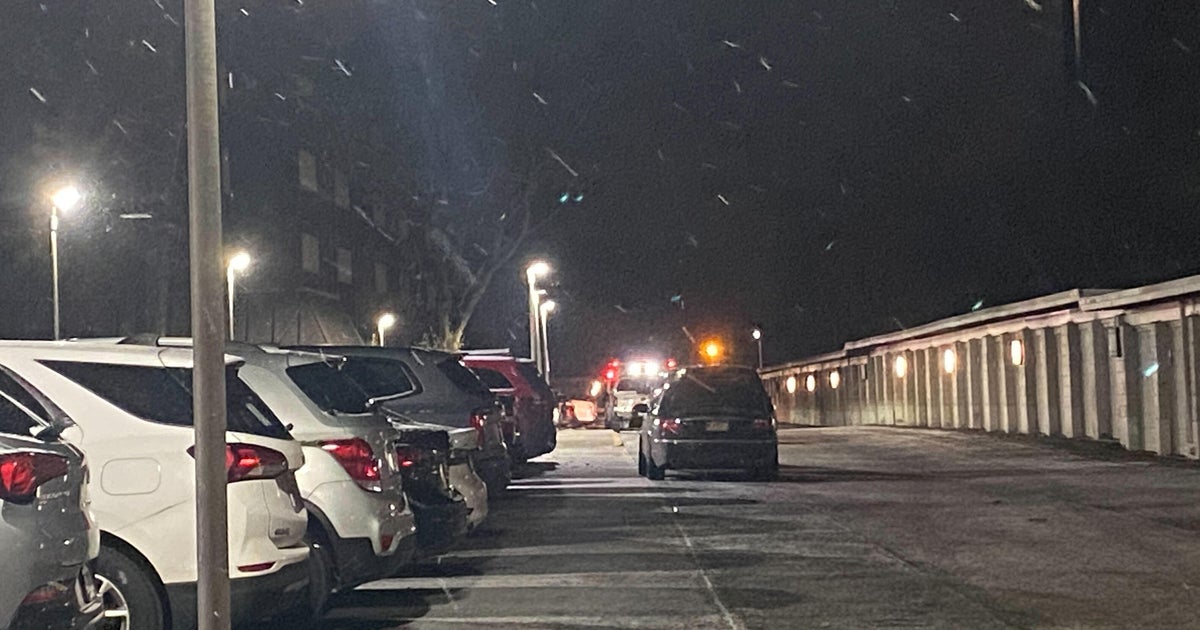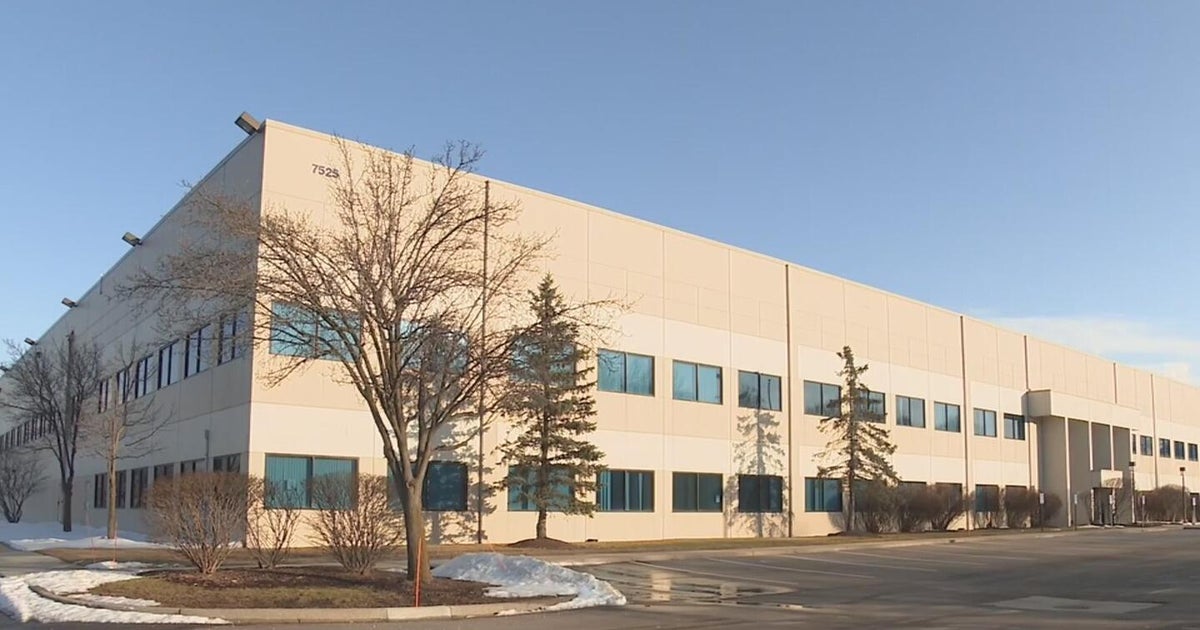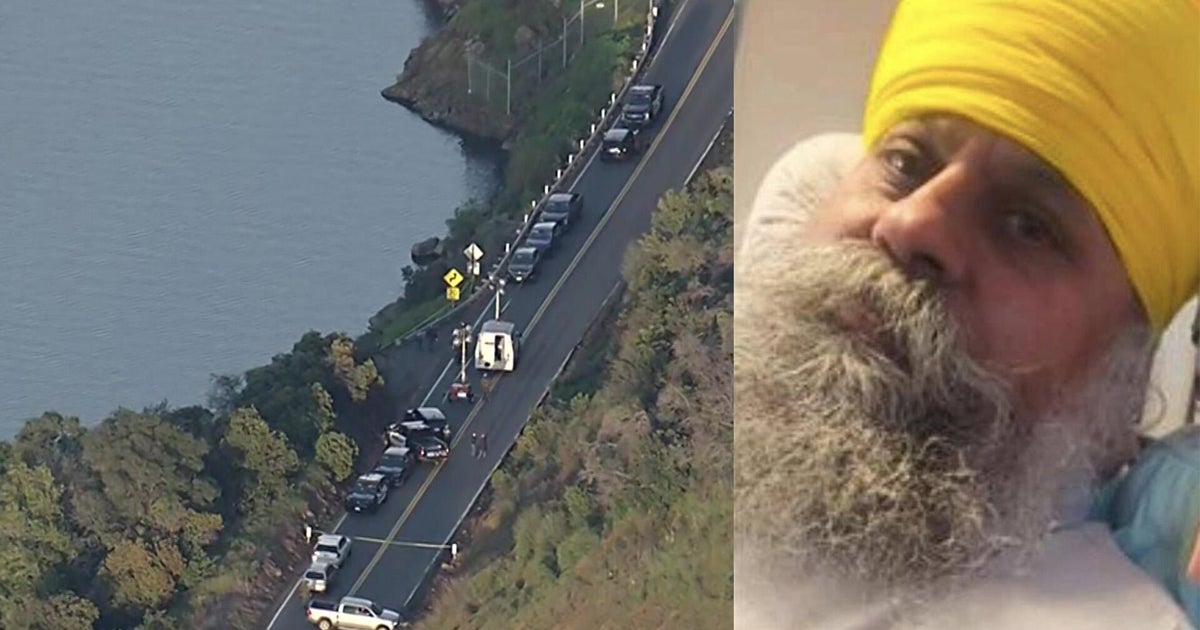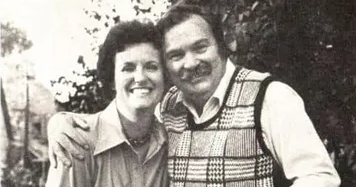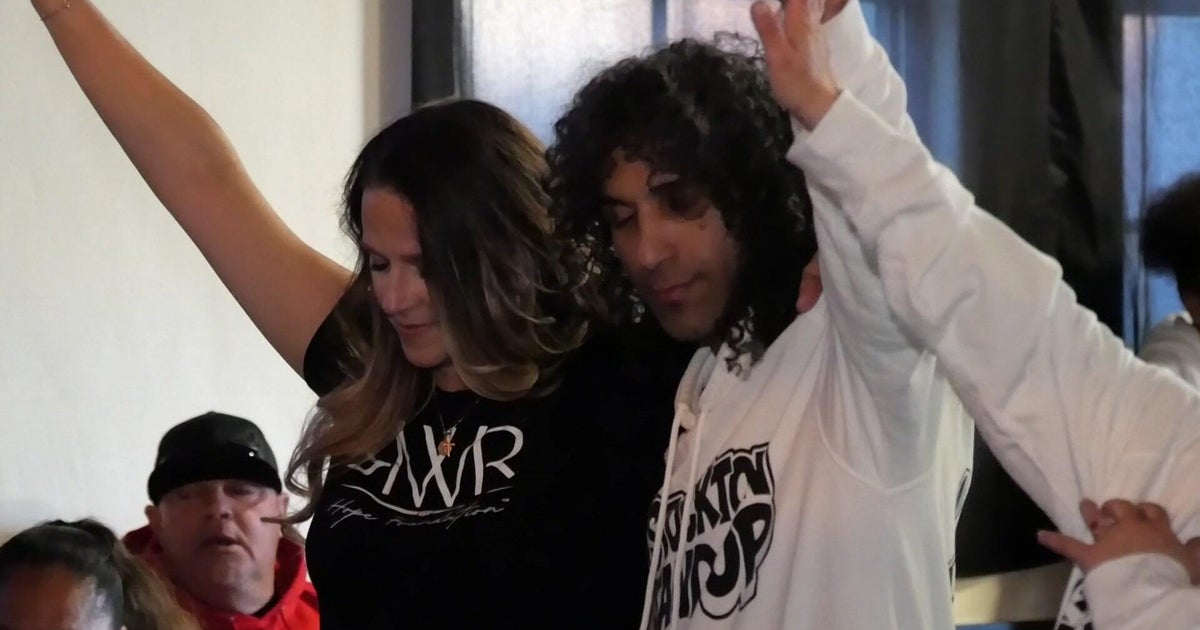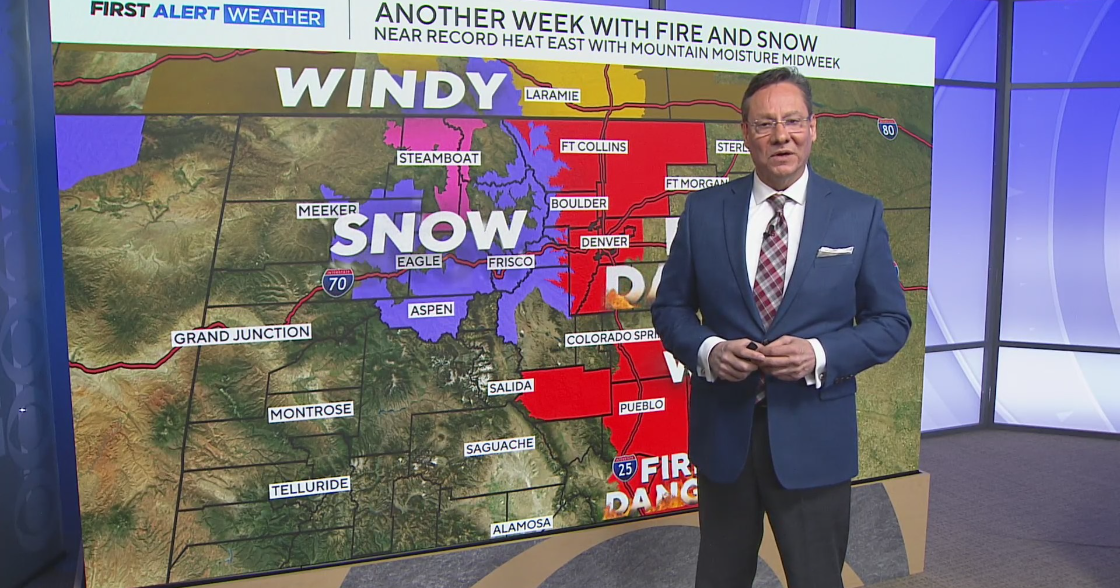Expert: City Is Better Equipped Since Deadly 1995 Heat Wave
CHICAGO (CBS) -- The recent string of days with highs over 100 degrees is taking many Chicagoans' minds back 17 years, to a similar heat wave that was blamed for more than 700 deaths.
But Eric Klinenberg, the New York University sociology professor who has become the best-known expert on the heat wave, says a lot has changed in Chicago since 1995.
"The city keeps lists of the most isolated people that it has identified, and it does direct outreach to them during extreme emergencies," Klinenberg told WBBM Newsradio. "That's a pretty good way to reduce heat deaths."
The heat wave between July 12 and July 16 was blamed for 739 deaths. The temperature rose to 106 degrees at Midway International Airport on July 13, and never dropped below the 80s at night.
CBS 2's Bill Kurtis reported back in 1995 that that the summer of 1995 seemed like any other summer in Chicago at first. The sun rose each day and the heat set in, shimmering at ground level and scorching the skyline.
But the heat ratcheted up fast. By July 12, it hit 97 degrees and kids were playing in open fire hydrants. And when it hit 106 the following day, city services started to unravel.
The open hydrants caused water pressure to drop throughout the city, and 23 cooling centers had to close.
On July 14, it was another 100-degree day. Navy Pier was beginning celebrations for its grand reopening as what would become the state's top tourist destination, but the festivities were overshadowed by the sweltering misery.
Then-Mayor Richard M. Daley simply counseled common sense, and stated the obvious.
"It's hot. It's hot out there. We all walk out there. It's very, very, very hot," he said.
But the heat continued unabated into the weekend. It was no longer an amusement or a mere nuisance, but a full-fledged killer.
The bodies started coming Friday evening, and by Saturday, the Cook County Morgue was overflowing, and refrigerator trucks had to be brought in to store the dead. Workers averaged 13 autopsies an hour, and still, the bodies kept coming.
As the body count rose, questions began to surround City Hall. Why didn't the city Health Department ever call a formal emergency? Why didn't the city use the catastrophe plan that was already in place? Why didn't police units work overtime and reach out to seniors?
"The loss of one life should outrage all of us. We should look at every level of support to see where service and care for the victims who died during this crisis could have been improved," Daley said.
Soon afterward, Daley named 18 members to a new Commission on Extreme Weather Conditions, with a goal of preventing anything similar from happening again.
In 2002, Klinenberg released his book, Heat Wave: A Social Autopsy of Disaster in Chicago. He says many lessons have been learned since 1995.
In a 2002 interview with the Univeristy of Chicago Press, Klinenberg said it was no one single person or organization's fault that the heat wave produced such tragedy.
"Yet there is no question that the city government did not do everything it could to prevent the catastrophe," Klinenberg told the U of C Press. "The city failed to implement its own heat emergency plan, waiting until Saturday, July 15, after hundreds of bodies had already been delivered to the county morgue, to declare an official emergency. The Fire Department refused its paramedics' requests to call in more staff and secure more ambulances, thereby assuring continued delays in its emergency health response. The Police Department did not use its senior units to attend to the elderly residents they were supposed to protect. And since there was no system to monitor the hospital bypass situation, at one point eighteen hospitals were simultaneously refusing new emergency patients."
But the effects of the reforms following the heat wave were noticeable as little as four years later, Klinenberg told the U of C Press. The city responded aggressively to ensure the safety of its residents with strongly-worded statements of warning, and city workers went door-to-door to check on seniors and other vulnerable people and kept cooling centers open.
Still, Klinenberg pointed out, there were 110 heat deaths in the 1999 hot spell.
The temperature so far this week has hit 102 on Wednesday, the 4th of July, as well as Thursday. A high of 103 is expected for Friday.
